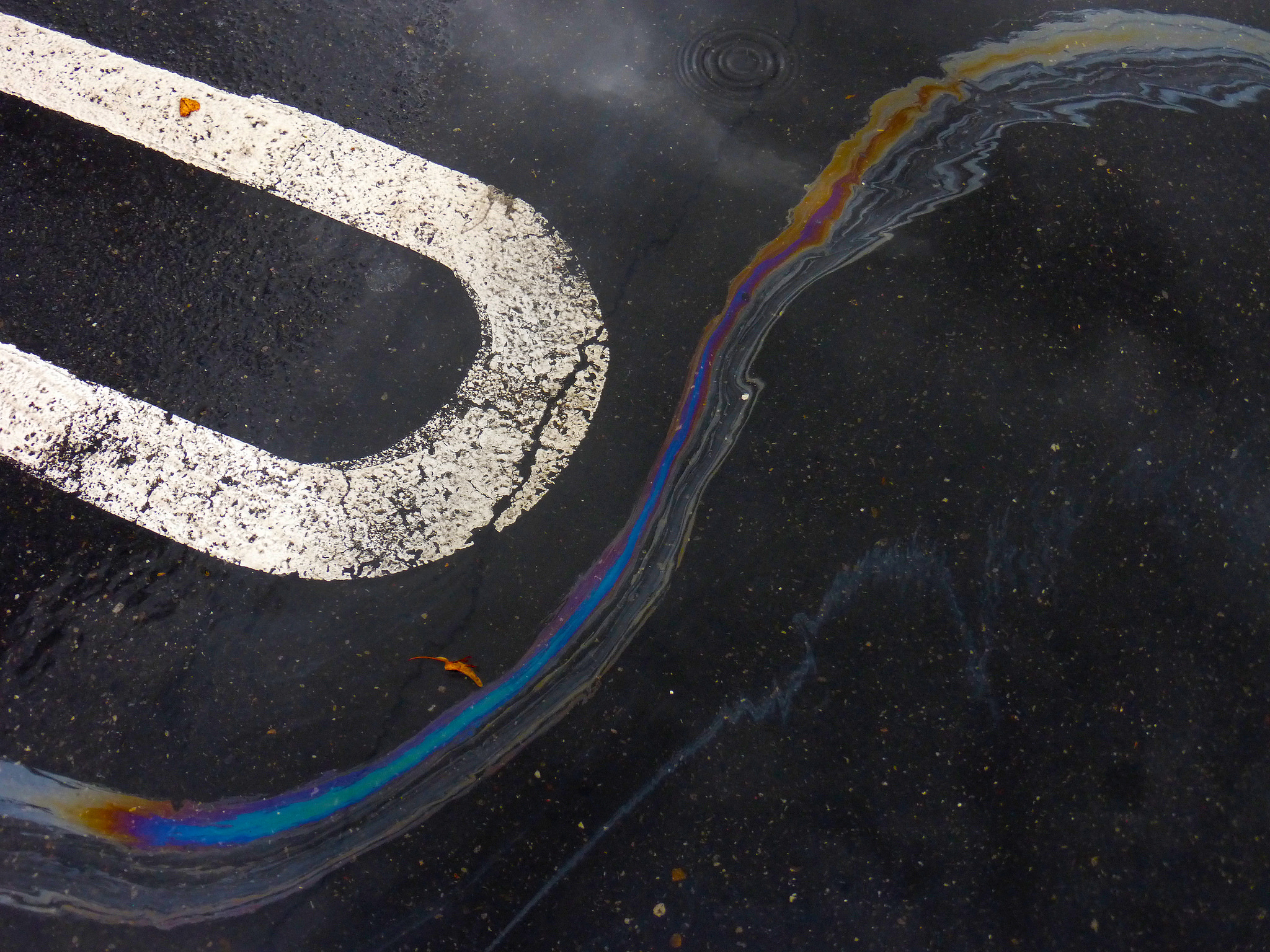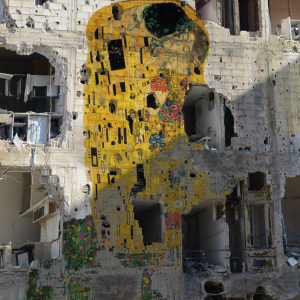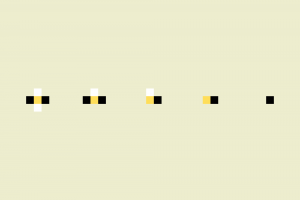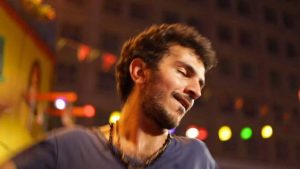
Antigone of Syria
by Sophie Dowle | March 10, 2016
“Our two brothers on a single day,
A wretched pair, with hands aimed at each other,
Killing themselves, have shared a doom in common.
And now we two, the last ones left—consider
How much worse death will be for us if we
Defy the law and flout the rulers’ vote and power.”
This passage could be describing the situation of any number of Syrian women today: loss, chaos, destruction and fear. But it is taken from Antigone, a tragedy written over two thousand years ago. Despite its huge distance from us in time, Antigone has many valuable insights, stories and lessons that remain relevant today—especially in the context of the war and destruction seen in Syria. This, Hal Scardino and Itab Azzam tell me, was the idea behind their production in late 2014 of Antigone acted by Syrian refugees in Lebanon.
Hal and Itab explain to me the contemporary significance of these ancient plays: “Just in the space of about forty years, the great Greek tragedians managed to put together a couple dozen plays that speak to humanity through the ages. Our passions and insecurities, our brilliance and our faults are the same now as they were 2,500 years ago … I would say [we can learn about], and I’m not exaggerating, pretty much everything. They are so rich with their examinations of the human condition that, with the right setting, there are no limits to what can be learnt from these plays.”
The striking similarities between the stories of the actresses and of Ismene and Antigone is clear. Antigone and Ismene are sisters, their brothers have killed each other in a struggle for the throne. One brother, Eteocles is honoured with a funeral, while the burial of the younger Polyneices is prohibited. However, the brave Antigone defies this and buries her brother, an act that brings about her own death. Today, Syria’s children are fighting one another in a bitter struggle for power, and the families of the performers have been broken apart by this; losing relatives, fleeing in the night, unable to bury their lost family. Intisar’s brother is missing, Fadwa has lost two of her sons and Hiba’s brother has been killed … the list of personal tragedies goes on. But like Antigone, who so many of the performers say they identify with, they remain strong and defiant. They hope for peace, waiting to return to the graves of their loved ones and being able once again to smell the sweet jasmine of home. Until then, theatre can go some way in helping them to come to terms with the events. Hal tells me: “There is an inevitable catharsis when these women finally share their stories with one another in rehearsal.” Mona, who played the lead in the production, tells me that hearing the stories of the other participants she realised that “they carried the same worries and aches as me, and our voice was one.” Despite their different backgrounds and not coming from the same sides of the civil war—some having fled Assad’s police, others escaping from local militias and rebel armies, and some fleeing foreign bombs—the participants could unite. “We are all children of one country,” Mona continues.
Just coming to rehearsal was a show of strength. Sometimes the women’s husbands didn’t want them to be a part of the project. It also takes time to build up trust. As Hal tells me, “these communities are afraid … it takes a couple of weeks at least of being together before the women feel comfortable enough to open up and share their heartbreaking stories with the rest of the group.” But, Mona tells me, the project helps them to connect with their community, and the trust built enables them to develop close friendships; Mona used to feel alone, but the project helped to change that. She tells me, “I got to know lots of friends.”
The success of the Antigone project has led to many other similar productions, including We Are Not Princesses, a film project following the women involved in Antigone of Syria, as well as Terrestrial Journeys in late 2015, a theatre project led by Dina Mousawi, who worked with Hal and Itab on several productions.
One of the performers in Terrestrial Journeys, Retaj, is just a few months older than me. She fled her home in Homs in 2013 due to the conflict and fears of shelling, hunger and imprisonment. She tells me how the theatre project helped her to come to terms with the conflict and her new life as a refugee. She also talks about the unifying effect of sharing experiences through theatre, and how it enabled her to come to terms with and express things that she’d hidden inside her for several years.
Dina echoes the idea of unity and a coming together of communities. “Many women found solace in sharing their stories, and hearing that others had similar… to know that they are not alone.” The bringing together went beyond the refugee community as well. The performances, held in Beirut, were attended by Syrian people from the refugee camps as well as members of the Lebanese middle class.
Now both Dina and Hal are working on bringing theatre projects to refugee communities in Europe, while Itab is focusing on using film to a similar end. Perhaps this will help to promote a new unity as well. As Hal says, “The significance that [Greek Tragedies such as Antigone] have today is that they clearly illustrate the connection that our civilisation has with that of the Greeks. Surely, therefore, we, here in the UK, are similarly connected Syrians today, the Syrians that so desperately need our help and we are not doing enough to support.”
Image by arbyreed




